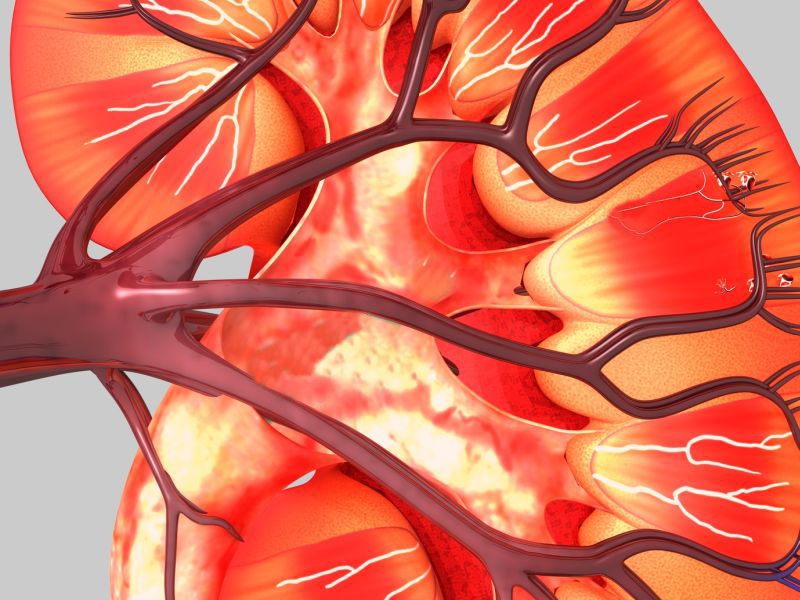
THURSDAY, Feb. 20, 2020 — There has been an increase in survival after pediatric kidney transplantation since 1970, according to a study published online Feb. 13 in the Clinical Journal of the American Society of Nephrology.
Anna Francis, Ph.D., from the University of Sydney, and colleagues conducted a retrospective cohort study involving children and adolescent recipients of kidney transplants to estimate the association between transplant era and overall and cause-specific mortality. Data were included for 1,810 recipients (median age at transplantation, 14 years) who received their first transplant from 1970 to 2015 and were followed for a median of 13.4 years.
The researchers found that 24 percent of the kidney recipients died: 40, 17, 12, and 31 percent from cardiovascular causes, infection, cancer, and other causes, respectively. Over time, survival rates improved, with five-year survival increasing from 85 to 99 percent for those first transplanted in 1970 to 1985 to 2005 to 2015, respectively. This increase was mainly due to a decrease in deaths from cardiovascular causes and infections (adjusted hazard ratios, 0.25 and 0.16, respectively [both for 2005-2015 versus 1970-1985]). After adjustment for potential confounders, patients transplanted in 2005 to 2015 had a significantly lower mortality risk compared with those transplanted in 1970 to 1985 (adjusted hazard ratio, 0.28).
“Future research directions include collaborative registry studies to examine changes in cause-specific mortality from a global perspective,” the authors write.
One author disclosed financial ties to Baxter Healthcare and Fresenius Medical Care.
Abstract/Full Text (subscription or payment may be required)
Editorial (subscription or payment may be required)
Source: Read Full Article
